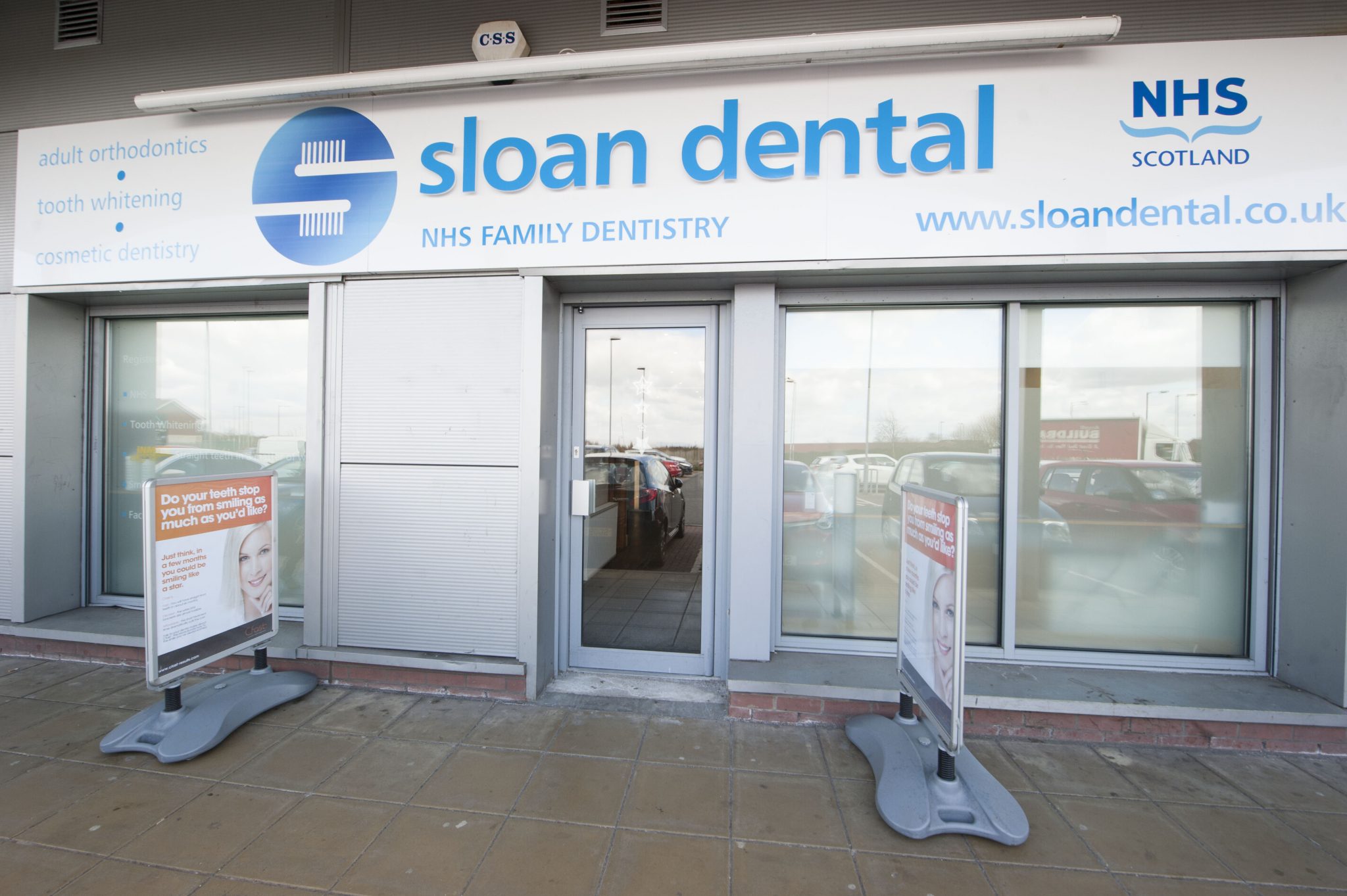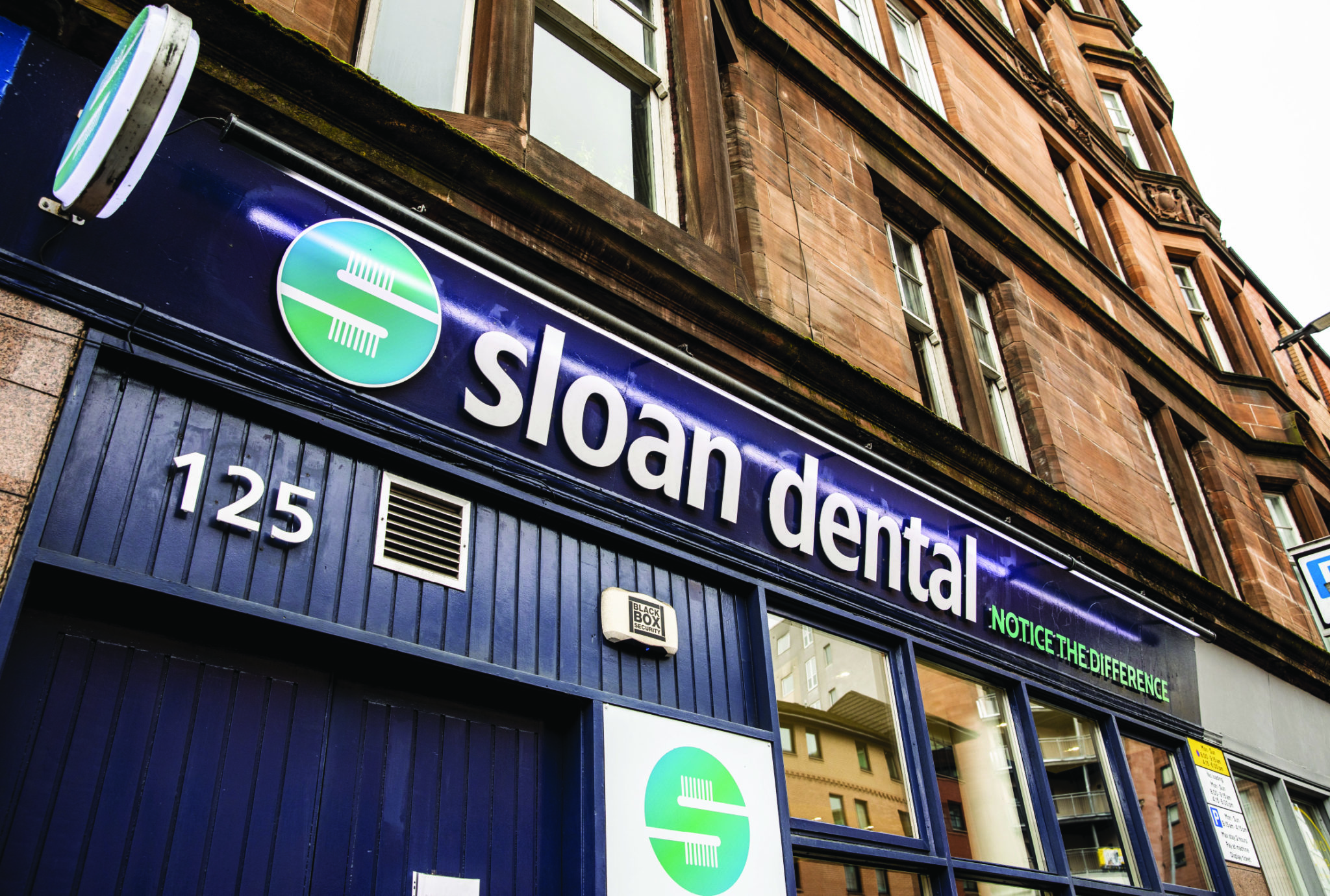Brushing is routine for most people. We brush twice a day, if not more. We brush in the morning – before breakfast, preferably – and at night to remove all traces of plaque and bacteria. Most of us assume we’ve got brushing very much figured out.
But what about brushing between the teeth? This blog will discuss how tools like floss, tape and interdental brushes are commonly used to brush between teeth to give them a comprehensive clean
On top of daily brushing and flossing, we also recommend regular trips to the oral hygienist. You’ll enjoy a comprehensive deep cleaning that can even reach those difficult places between teeth and below the gum line.
These are our top tips for brushing between teeth, ensuring you give your teeth the best possible care and protection.
1. Make sure to use toothpaste that contains fluoride
This is one of the most important factors to brush between teeth effectively. It’s vital that you use toothpaste that contains fluoride. Fluoride will protect your teeth from cavities and strengthen your enamel, making it harder for bacteria to penetrate.
2. Brush your teeth at least twice a day
Brushing is essential for more than just keeping bad breath at bay. But, if you only brush your teeth once a day, you’re creating the perfect breeding ground for bacteria to multiply and cause damage.
Twice a day should be sufficient for most people, but you may want to brush after every meal if there is an increased risk of decay. Also, individuals with dental implants or fixed braces may want to brush more often.
3. Use circular, back and forth motions to brush between your teeth
It’s important that you brush the surfaces of your teeth, but also the spaces between them. The brush head will glide over these gaps and brush away plaque that collects in the spaces between teeth and up against the gum line.
When brushing between teeth, brush with small circular motions to get in between surfaces. You should also brush vertically along the gum line at a 45-degree angle. If you struggle to get the movement right, try using an electric toothbrush with a round brush head. This type of brush head surrounds the tooth and provides the best coverage.
4. Floss daily
Flossing is a vital part of caring for your teeth, but only 31% of UK adults actually complete this important step. Floss removes plaque that brushing can’t reach and prevents food debris from collecting between your teeth.
If you don’t floss, plaque is likely building up in the spaces between your teeth where it will harden. This can lead to bacteria growth and smelly breath. So if you catch a whiff of something smelly when you are flossing, this is a sign you really need to be doing it more often.
Ask your dentist for advice on the right flossing tools for your mouth. Dental floss is excellent for smaller gaps, while tape can be more comfortable on your gums. Interdental brushes are ideal for restorations such as dental implants and bridges.
5. Visit the dentist every six months
The dentist offers more than just dental treatment. They can also clean your teeth thoroughly to remove plaque, tartar and stains from daily foods and drinks.
A scale and polish treatment is the best way of removing this build-up which could lead to serious problems such as gum disease, tooth decay or loss. A scale and polish treatment isn’t painful, and there are even contact-free methods that use a high-powered jet of air, water and fine particles to give your teeth a deep clean.
6. Drink water throughout the day
Drinking water is one of the best ways to protect your oral health. Not only will it keep you hydrated, but it also means that you aren’t turning to alternatives such as fizzy drinks.
Water helps to rinse away bacteria and food debris after a meal. If you want to freshen your breath throughout the day, chewing a piece of sugar-free gum will help to protect your teeth.
Brushing between your teeth is an essential part of oral hygiene and should not be overlooked. With the help of a brush, floss, or other tools, brushing your teeth for two minutes twice a day will give them their best chance against decay.
Not sure if you’re brushing correctly? Our helpful team are here to give advice. Just book a dental hygienist cleaning or routine checkup for more help and advice!



